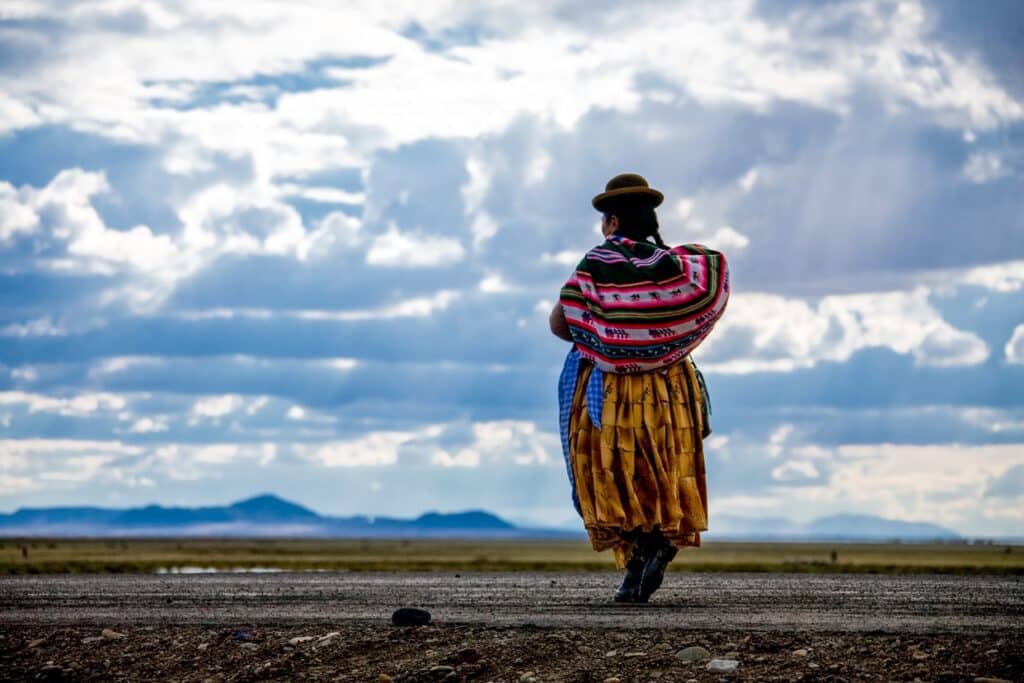Related Articles
God’s Grace Abounds Among the Quechua
By Pío Víctor Campos Barco | Nearly half of Bolivia’s population come from its Indigenous communities of which the Quechua are the largest. Yet gospel resources in Quechua remain limited. While many Quechua people enthusiastically participate in church, few have experienced the transformation of the gospel because they don’t understand it.
Welcoming the Stranger
Presenter: Matthew Soerens, US Director of Church Mobilization, World Relief Description: Refugee and immigration issues have dominated headlines globally recently. While many American Christians view these…
From Unhealthy Dependency To Local Sustainability
Presented by: Jean A. Johnson, Executive Director of Five Stones Global Description: It takes a great amount of intentionality to create a culture of dignity,…
Mapping Church Missions: A Compass for Ministry Strategy
Description: The terrain of church missions is often bewildering. Should we prioritize evangelism or works of service?




